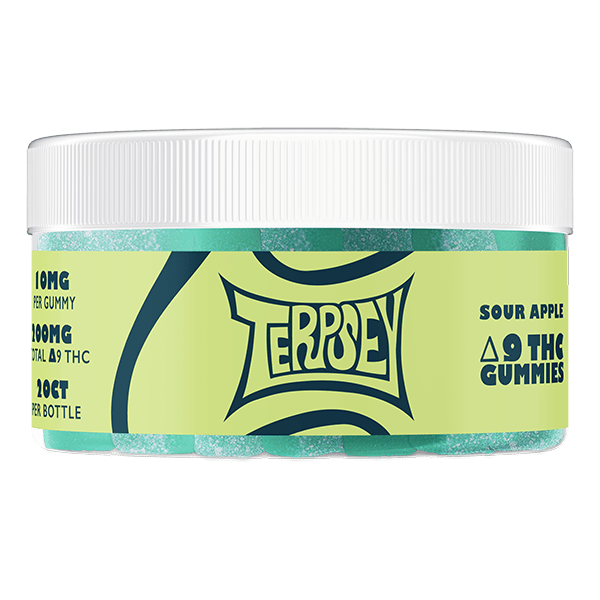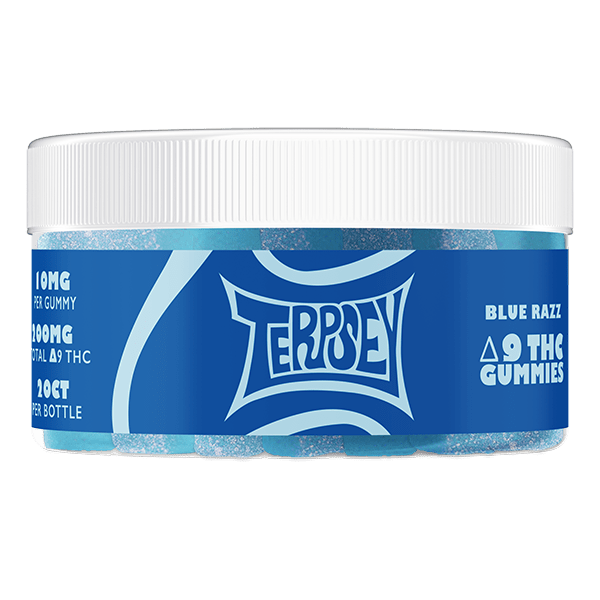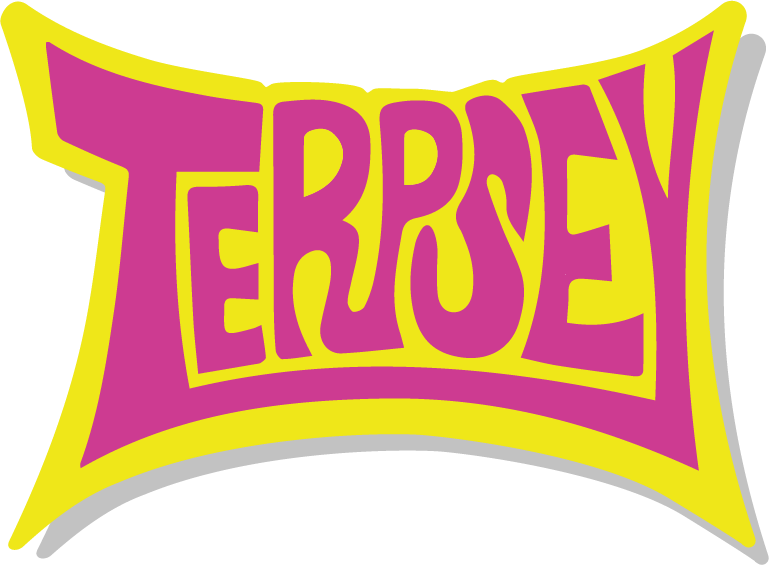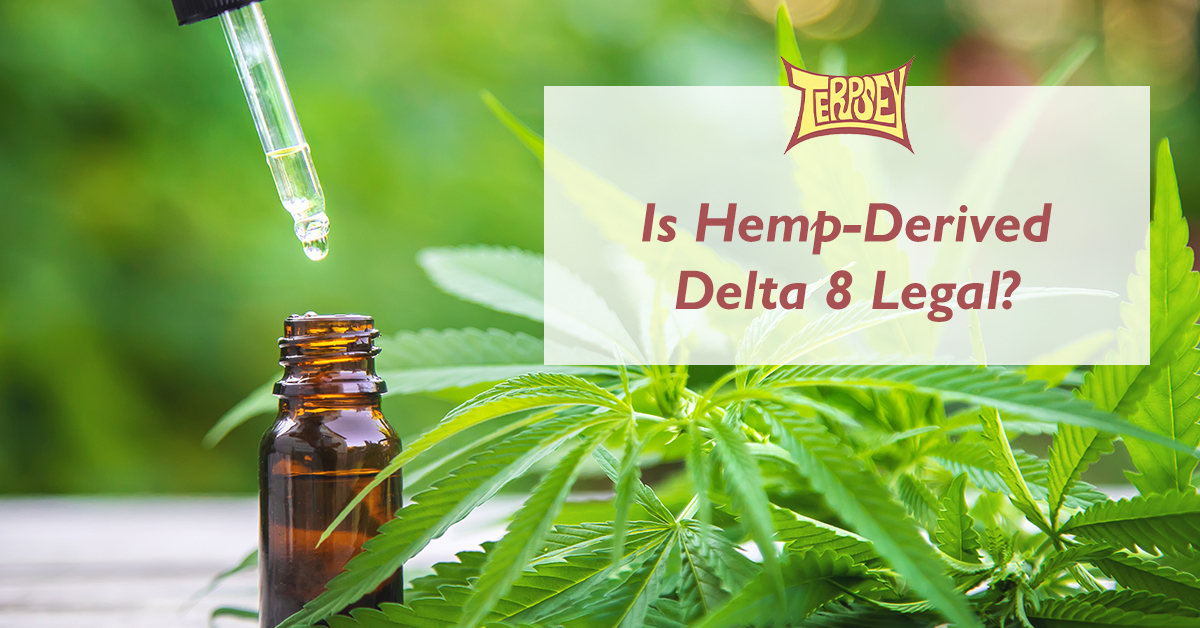Is Hemp-Derived Delta-8 Legal? Although, CBD and THC are two abundantly found cannabinoids in cannabis plants with immense therapeutic potential. Delta-8 THC comes from the same cannabis Sativa plant, but it is a less potent substance. Its chemical structure is similar to THC. Both THC variants have the same set of elements- carbon, hydrogen, and oxygen. The difference lies in the arrangements of those elements. As a result, their potency varies greatly. Delta-8 gives a smooth, mild high, about half the intensity of delta-9.
The Delta-8 THC trend is evident as you can find it everywhere, from convenience store shelves to boutique weed dispensaries. Still, it is essential to consider, whether is Hemp-Derived Delta-8 Legal. It is so because till now, the legality of Delta-8 products stood ambiguous. Some considered it legal within the farm bill ordinance, while others had issues with its synthetic version. But on May 19, 2022, the Ninth Circuit Court gave positive remarks for delta-8 THC in the AK Futures case study.

New Verdict On Legalization Of Delta-8
Recently, the Ninth Circuit Court of Appeals issued an unexpected statement for Delta-8 THC. They proclaimed that hemp-sourced delta-8 THC fulfills the ordinance of the 2018 Farm Bill. Is Hemp-Derived Delta-8 Legal? The Court’s decision favored the appellant ruling that its cake-branded delta-8 THC vape products are legal. And so, the petitioner can access “conventional” federal protections, including Lanham Act trademark protection. This decision is likely to affect various communities associated with delta-8, from the cannabis market to insurance companies.
Most cannabis industry analysts predicted the upheaval of CBG (cannabigerol) or CBN (cannabinol). They expected a rise in the popularity of these compounds instead of delta-8 after the trendy CBD ingredient. The unexpected fame of hemp-derived delta-8 THC was partly due to media reports that it provides for a “legal high.” People demanded delta-8 THC products as an alternative to regulated and more expensive cannabis products with higher concentrations of delta-9 THC. This way, they could obtain the THC-related effects with a mild euphoric high.
Controversies Over Delta-8 THC
One significant factor is Hemp-Derived Delta-8 Legal, and from where is it sourced? The compound is not available in sufficient concentrations in most hemp cultivars to make extraction practical. However, it is economically viable to transform hemp-derived CBD into delta-8 THC. Indeed, the current excess of CBD has driven down its price, with CBD suppliers exploring few markets for their products. Consequently, almost all delta-8 THC products on the market are semi-synthetic derivatives. They infuse delta-8 THC obtained from the chemical conversion of CBD rather than direct extraction from the hemp plant. Is Hemp-Derived Delta-8 Legal? While the legality of Delta-8 products is dubious, delta-8 THC extracted directly from organically grown hemp is legal.
The term “hemp” in the 2018 Farm Bill refers to all cannabinoids having a delta-9 THC content below 0.3% on a dry weight basis. According to this hemp definition, delta-8 is among hundreds of cannabinoids (including CBD) obtained directly from the hemp plant. As long as THC is within federal limits, all cannabinoids, including delta-8, are not subject to control under the Controlled Substances Act (CSA).
Delta-8 THC is permissible when extracted from hemp, but it is a controlled substance if derived from marijuana. The “Source Rule” refers to the distinction in the legal status of cannabinoids based on whether it derives from marijuana or hemp.
One common belief is that delta-8 THC products generated chemically from hemp-derived CBD are illegal “synthetic” THC. The Drug Enforcement Administration (DEA) issued an interim final rule in August 2020, indicating that “all synthetically produced tetrahydrocannabinol remain Schedule 1 restricted narcotics.” The DEA previously cited in its non-binding opinion letter on delta-8 THC to the Alabama Board of Pharmacy in September 2021, indicating that delta-8 is a synthetic THC and not covered in 2018 Farm Bill provisions.
Synthetic THC is a Schedule 1 restricted substance, according to the CSA. But there is no definitive definition of “synthetic THC” in law or a court decision. Though synthesis of delta-8 THC in a lab is possible, the final product has the same molecular makeup as naturally occurring delta-8 THC. While controversies surrounded, the Ninth Circuit ascertained whether AK Futures could use federal trademark protections for its Cake-branded delta-8 THC vape goods. Does it bring you to the question, is hemp-derived Delta-8 legal?
Case Study Of The AK Futures
Manufacturer and retailer AK Futures operate under the “CAKE” brand, which features a stylized letter “C” layered on a picture of a two-tier cake. AK Futures filed a trademark and copyright infringement lawsuit against Boyd St. Distro, LLC (Boyd Street), a wholesaler of smoking and vaping products. The cake company alleged that the opponent wholesaler sold almost the same Cake-branded vapes.
The district court approved AK Futures’ request for a preliminary injunction deeming that the 2018 Farm Bill legalized delta-8 THC products for business.
Boyd Street consented that it sold counterfeit Cake-branded vape items on appeal. But, it pleaded on two main points:
- Legalized hemp does not include delta-8 THC
- Congress does not intend the Farm Bill to legalize intoxicating drugs.
Boyd Street emphasized the DEA’s stance that delta-8 THC is an illegal Schedule 1 synthetically generated THC. In response, AK Futures claimed that the Farm Act’s definition of “hemp” includes hemp-derived delta-8 THC products containing no more than 0.3% delta-9 THC.
The Ninth Circuit Appellate Court made the hemp definition clear. The Court illustrated that the Farm Bill removed “hemp” from Schedule I of the CSA and included derivatives with delta-8 THC content up to 0.3% delta-9 THC. And while responding to the second point, the Ninth Circuit said that “regardless of the wisdom of legalizing delta-8 THC products, this Court will not substitute its policy judgment for that of Congress”. If an inadvertent loophole exists, “then it is for Congress to fix its mistake.”

Impact Of The Court Decision
Through the AK Futures case, the Ninth Circuit court clarifies the legality of delta-8 THC products under federal law. As a result, it creates broad implications for the marijuana, hemp, and insurance industries. It is likely to affect the following fields:
- Trademark and Copyright space
- Laboratories for delta-8 synthesis
- Cannabis market regulation
- Business prospects
- Insurance forms and underwriting process
- Online hemp-selling stores
- Public perception of delta-8 goods
Final Words
Delta-8 THC derives naturally from hemp plants in limited amounts. To obtain more of it, experts produce it synthetically by mixing the acidic solvent with delta-9 THC extracts. The legality of this semi-synthetic THC variant was skeptical till last year.
This year, AK Futures’ petition for trademark and copyright infringement came to light. The Ninth Circuit court affirmed that delta-8 THC derived from hemp up to 0.3% delta-9 THC is lawful. The authorities found that AK Futures’ commercial use of the trademarks was legal and may result in trademark priority.
While AK Futures could analyze its products for “heavy metals, herbicides, and other pollutants,” it cannot test for counterfeits. The Court determined that the public interest also favored an injunction because federal trademark law “allows consumers to distinguish between brands that take consumer health seriously…and those that do not,”. Ultimately, the Ninth Circuit accepted the district court’s decision to grant AK Futures a preliminary injunction and remanded the matter for additional proceedings.
Why Delta 9 is the Best Type of THC?

